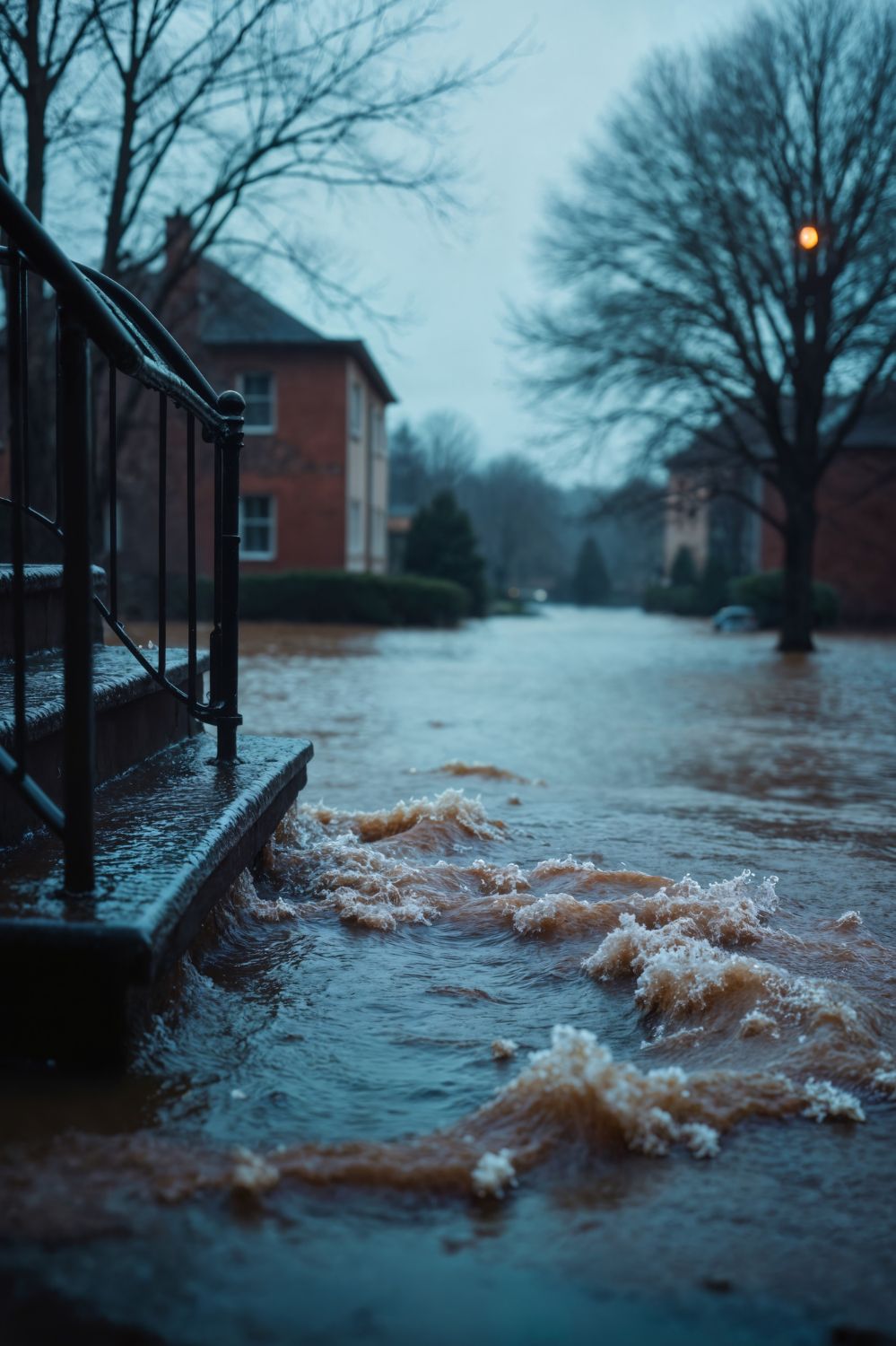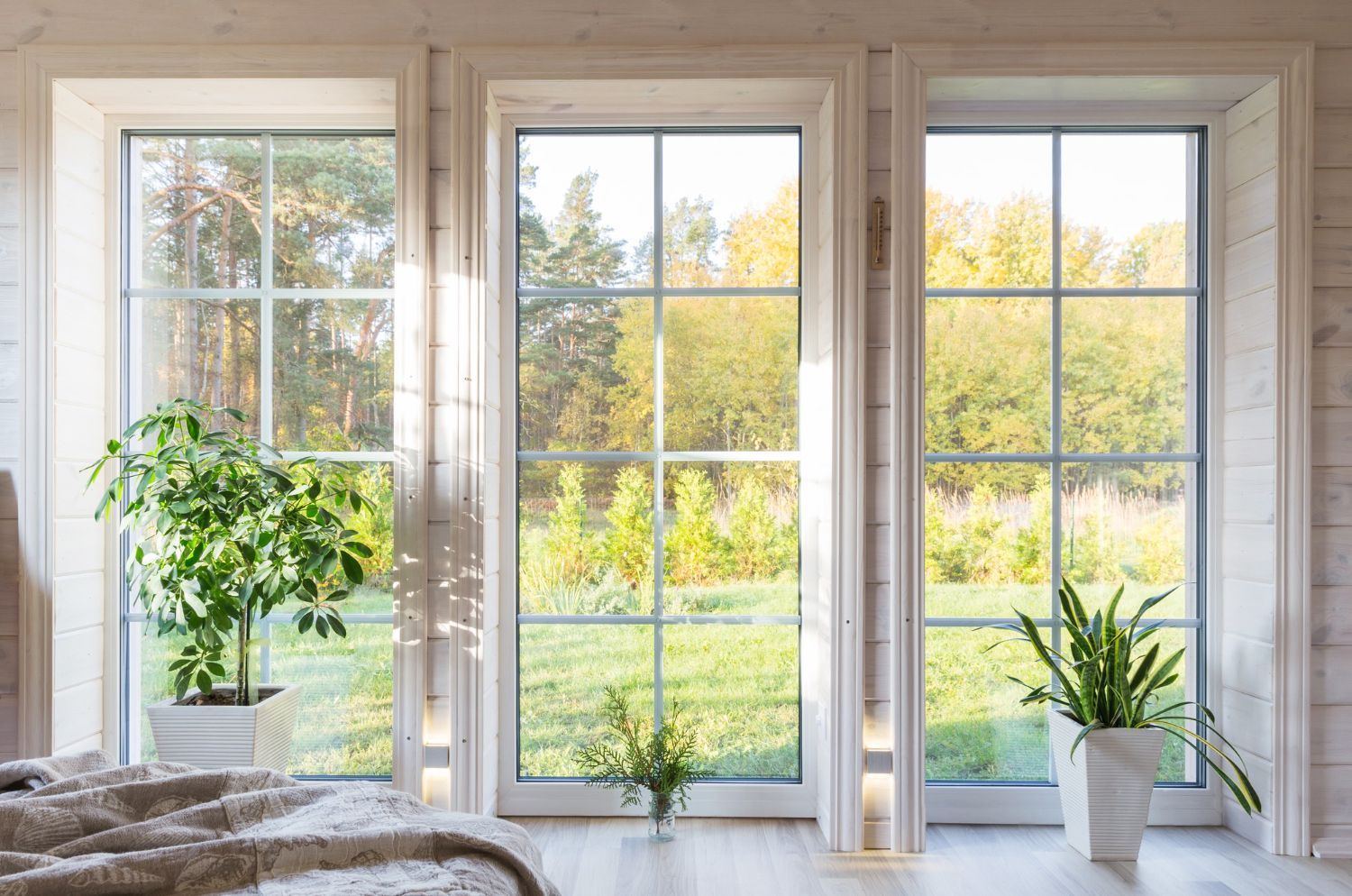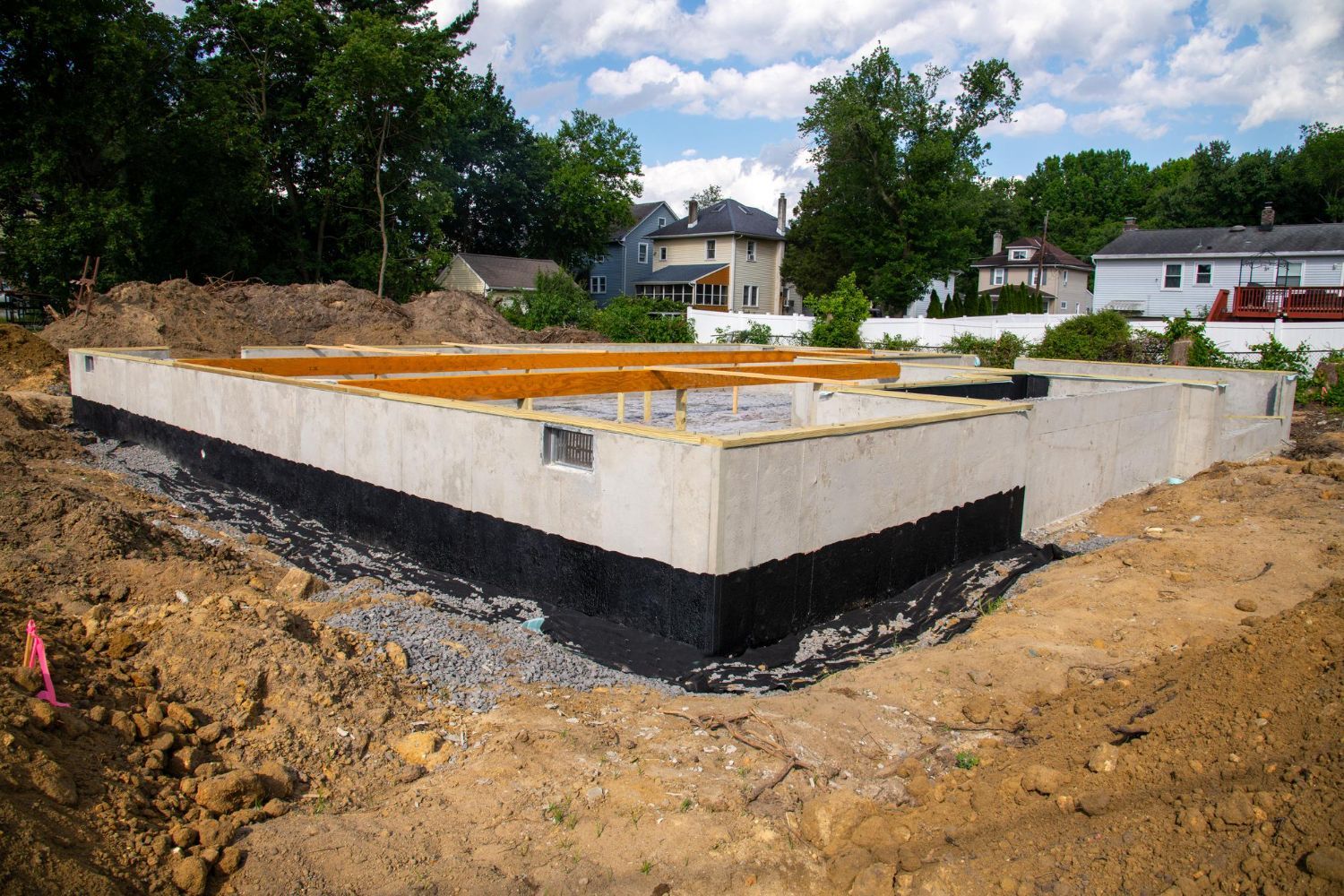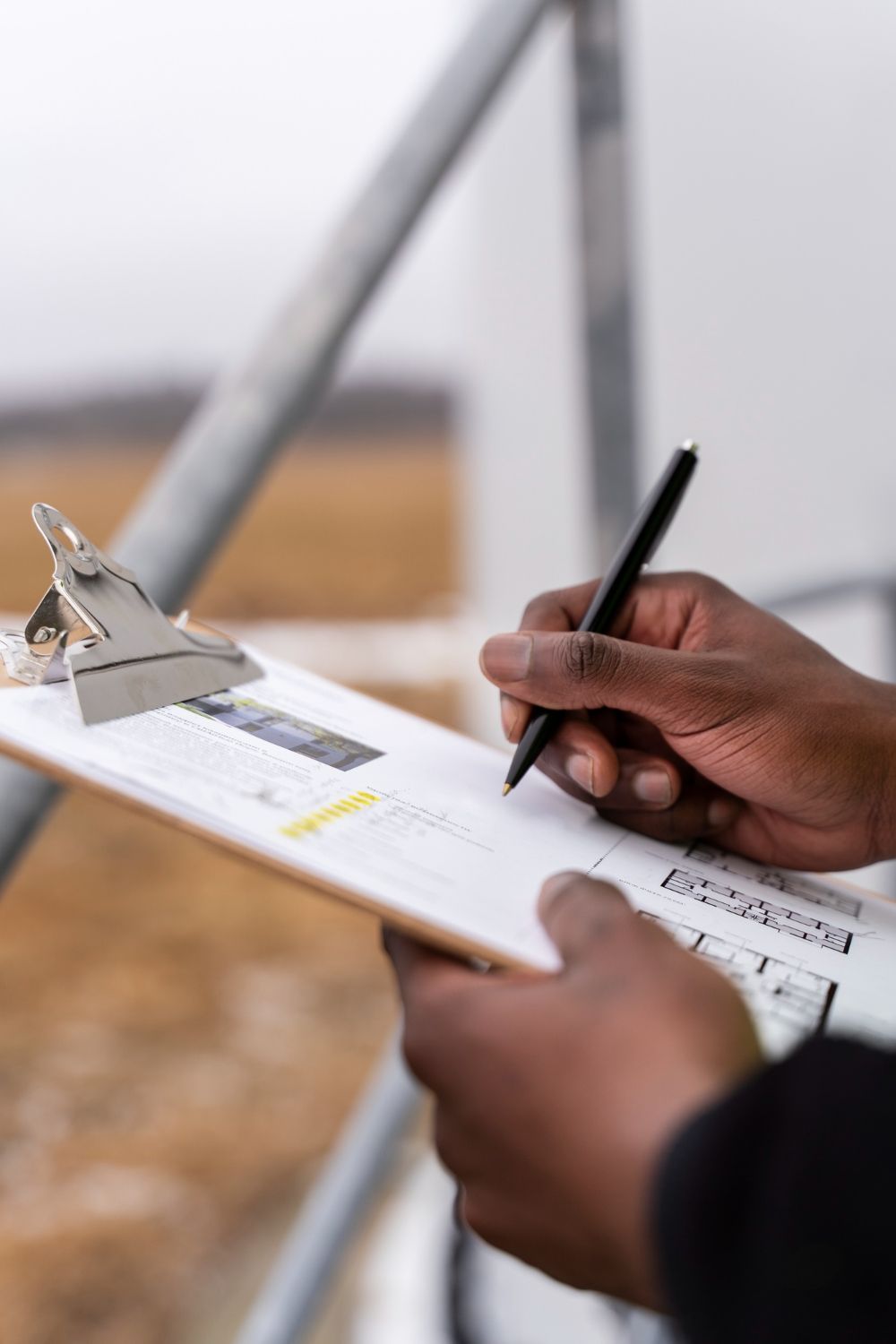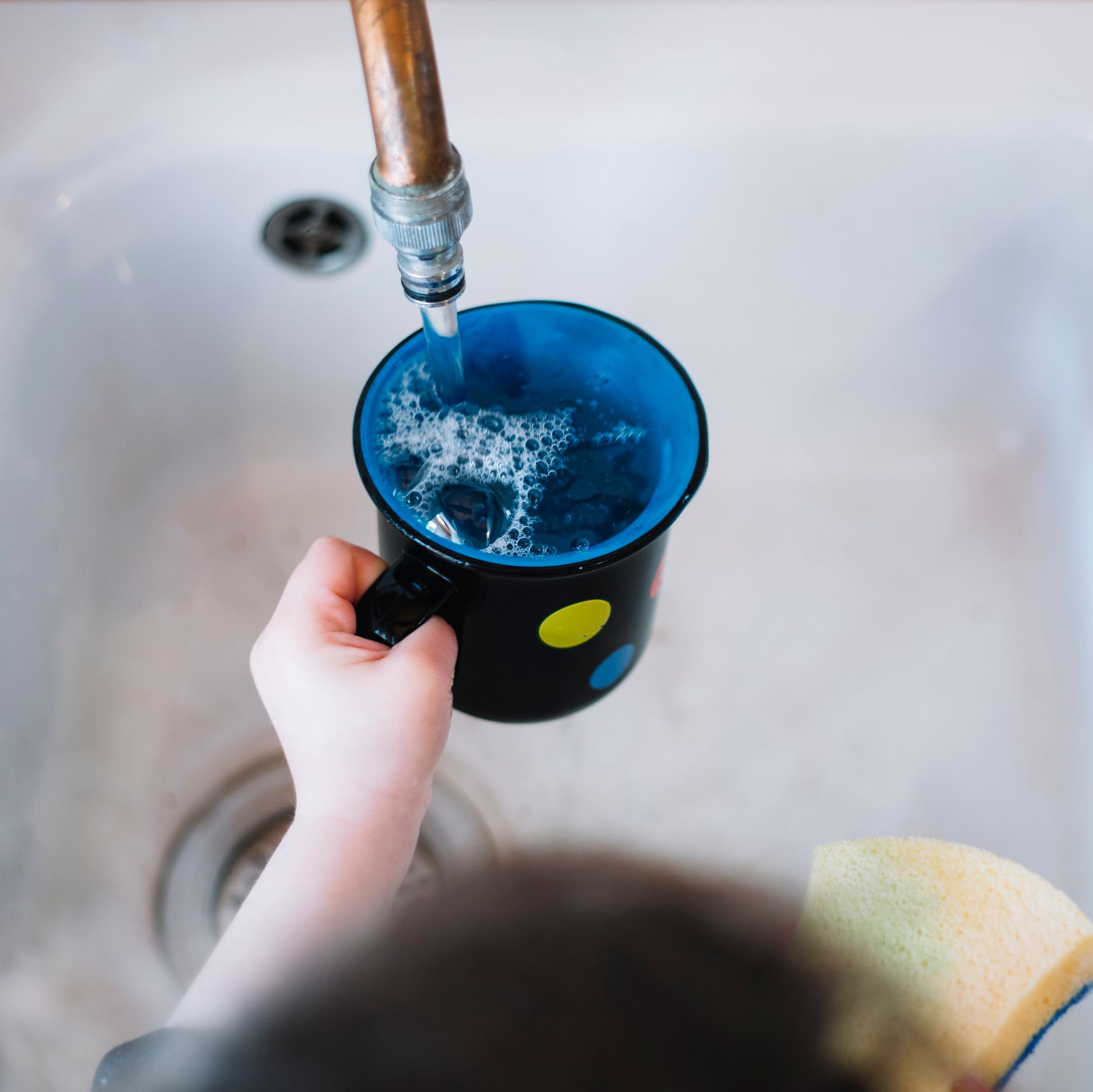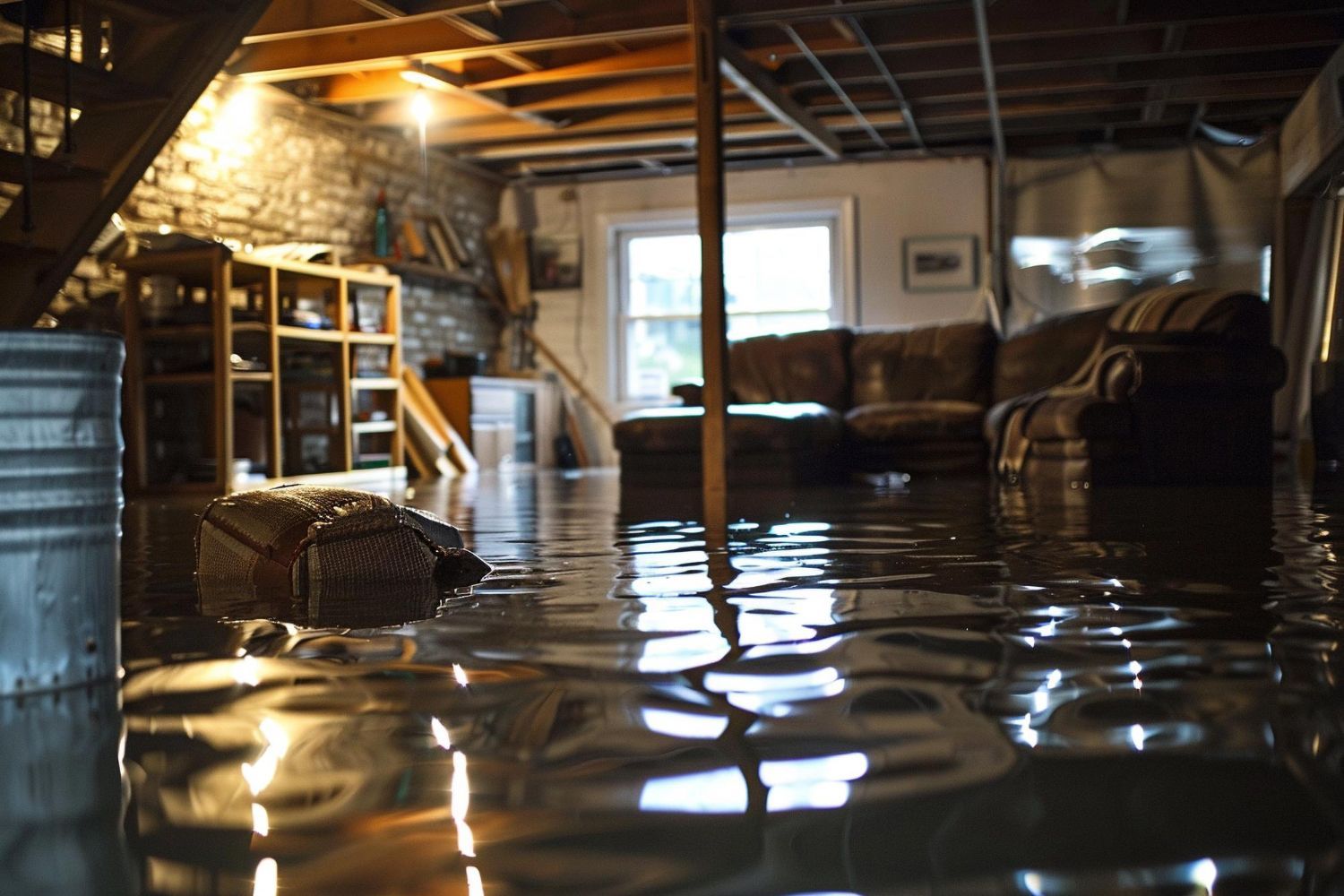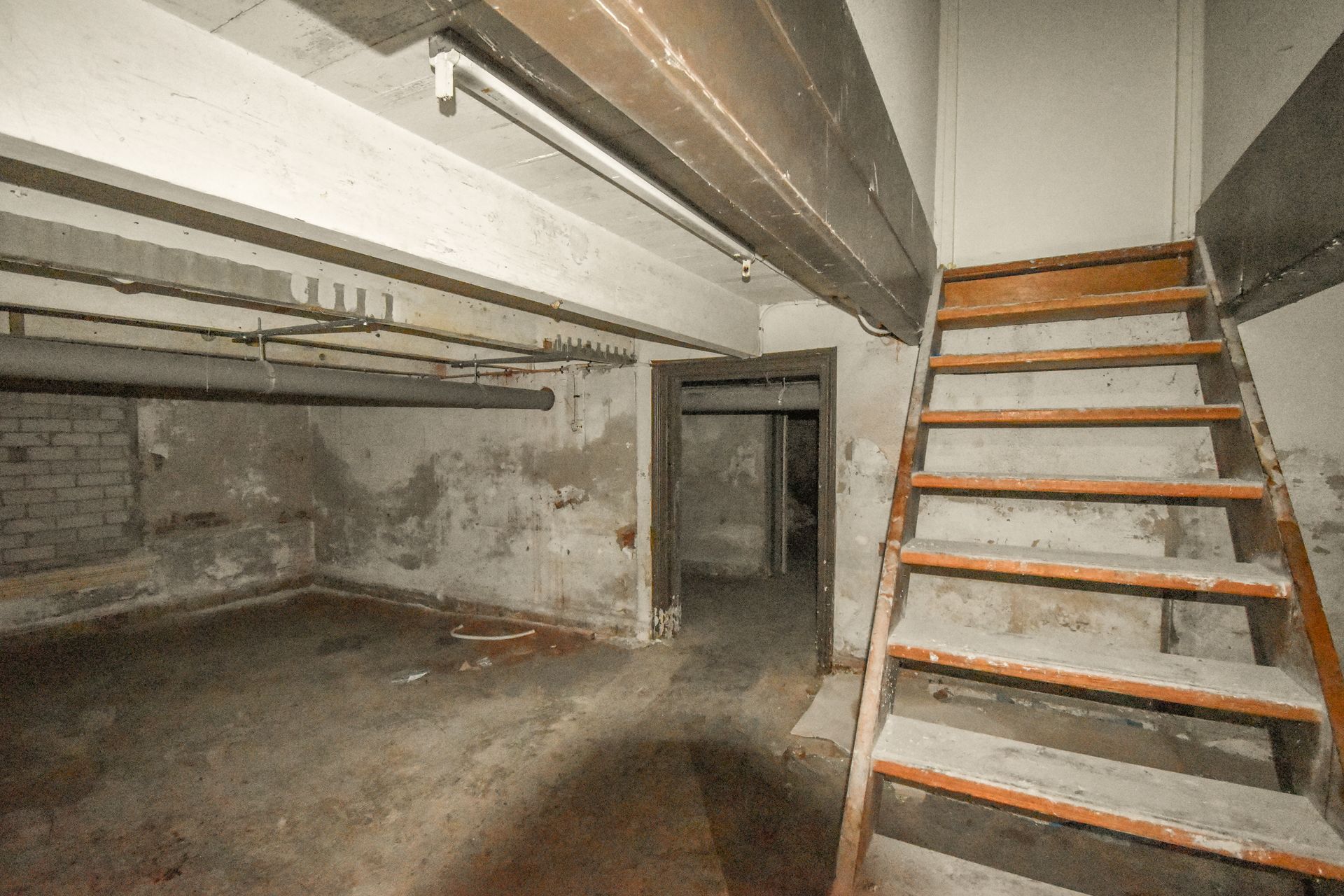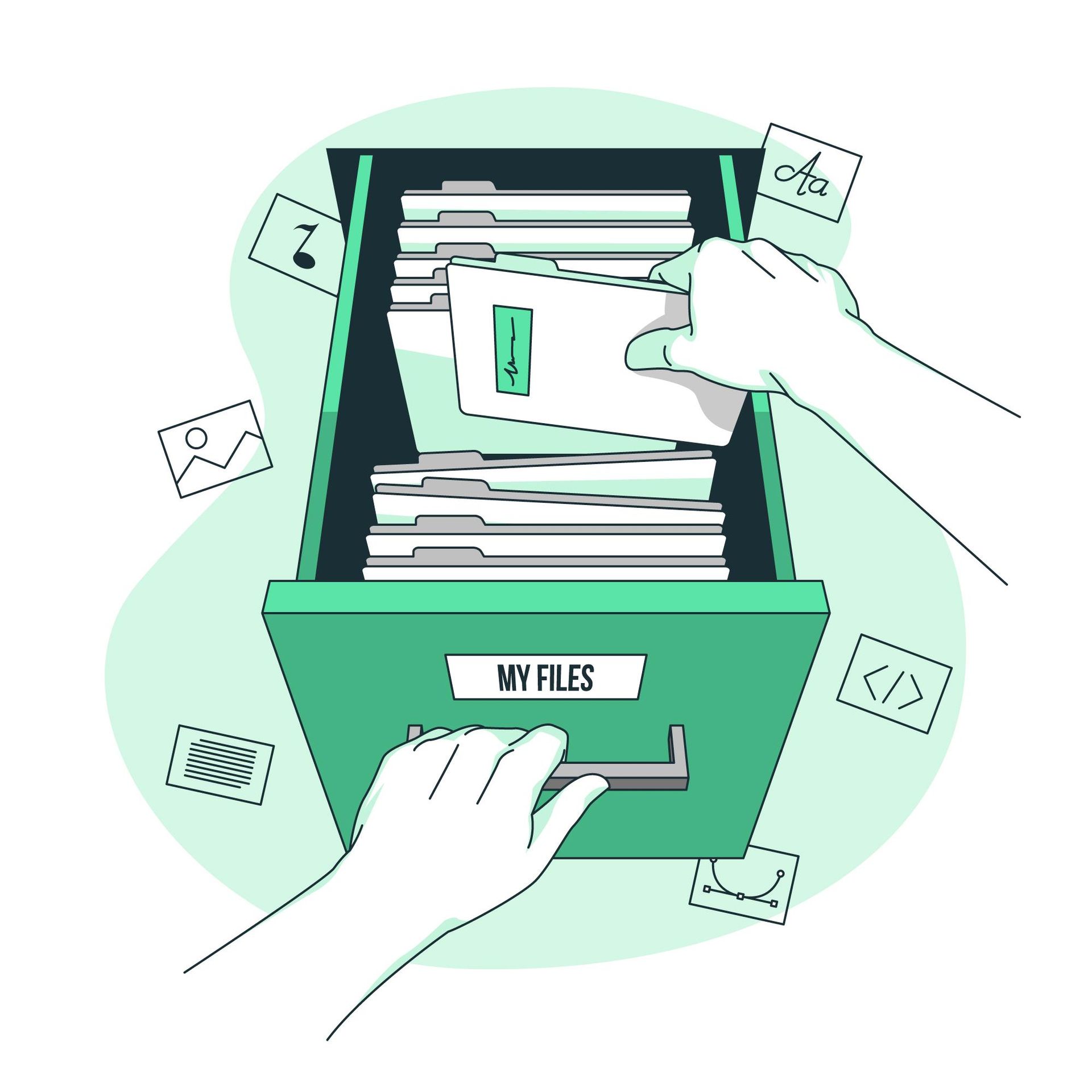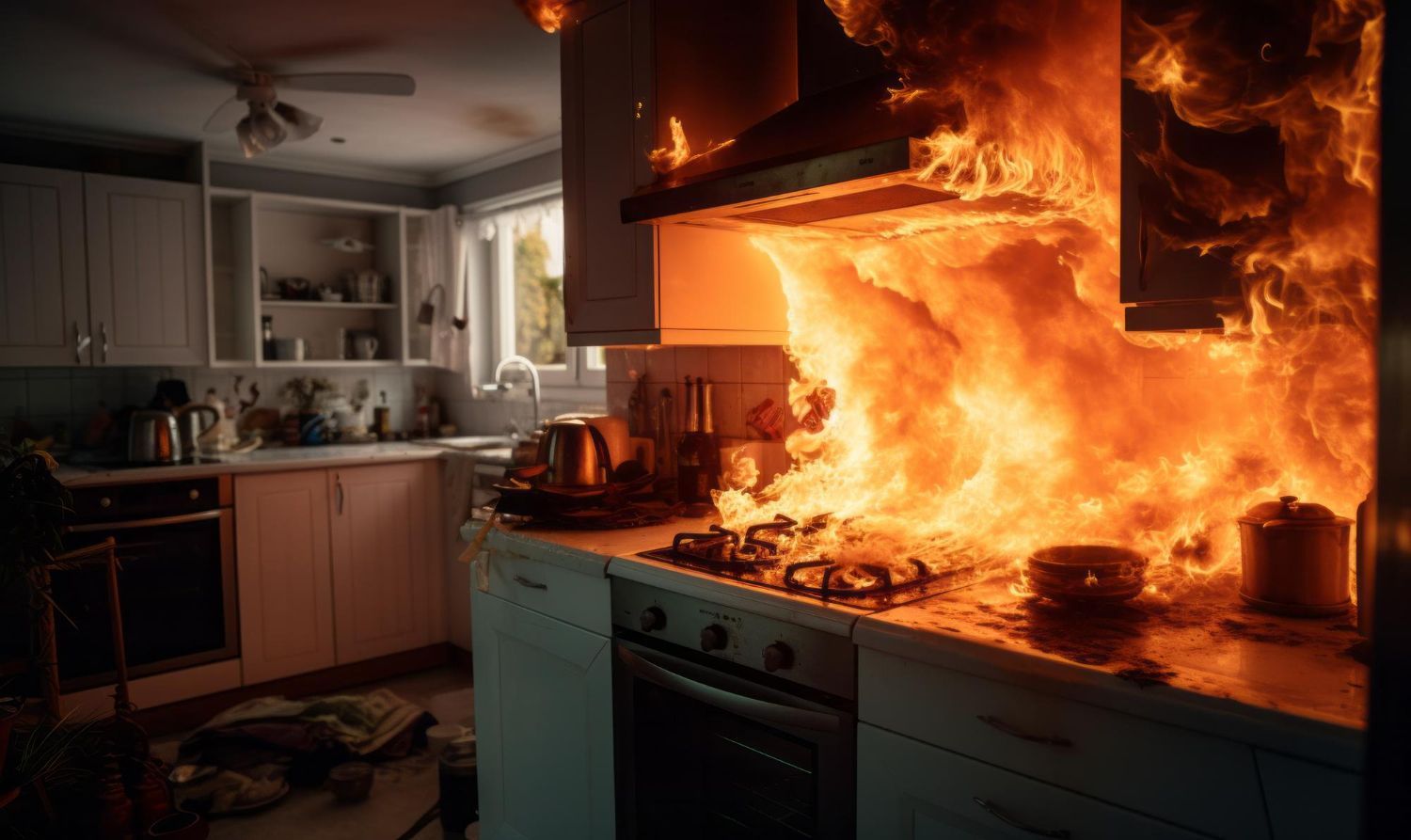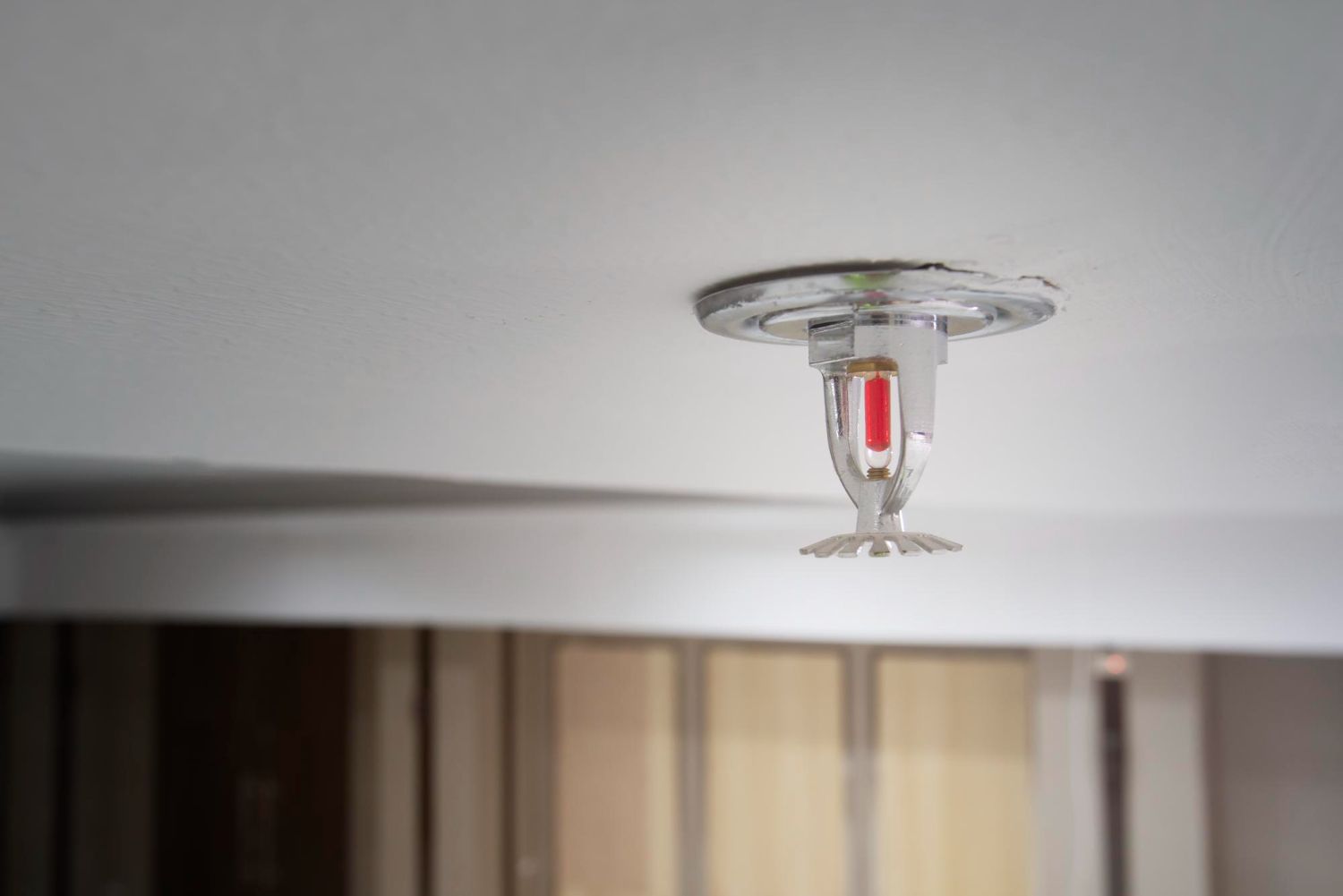Understanding How Dangerous Mold Exposure Can Be to Babies
How Dangerous is Mold Exposure to Babies? -River Oak, TX
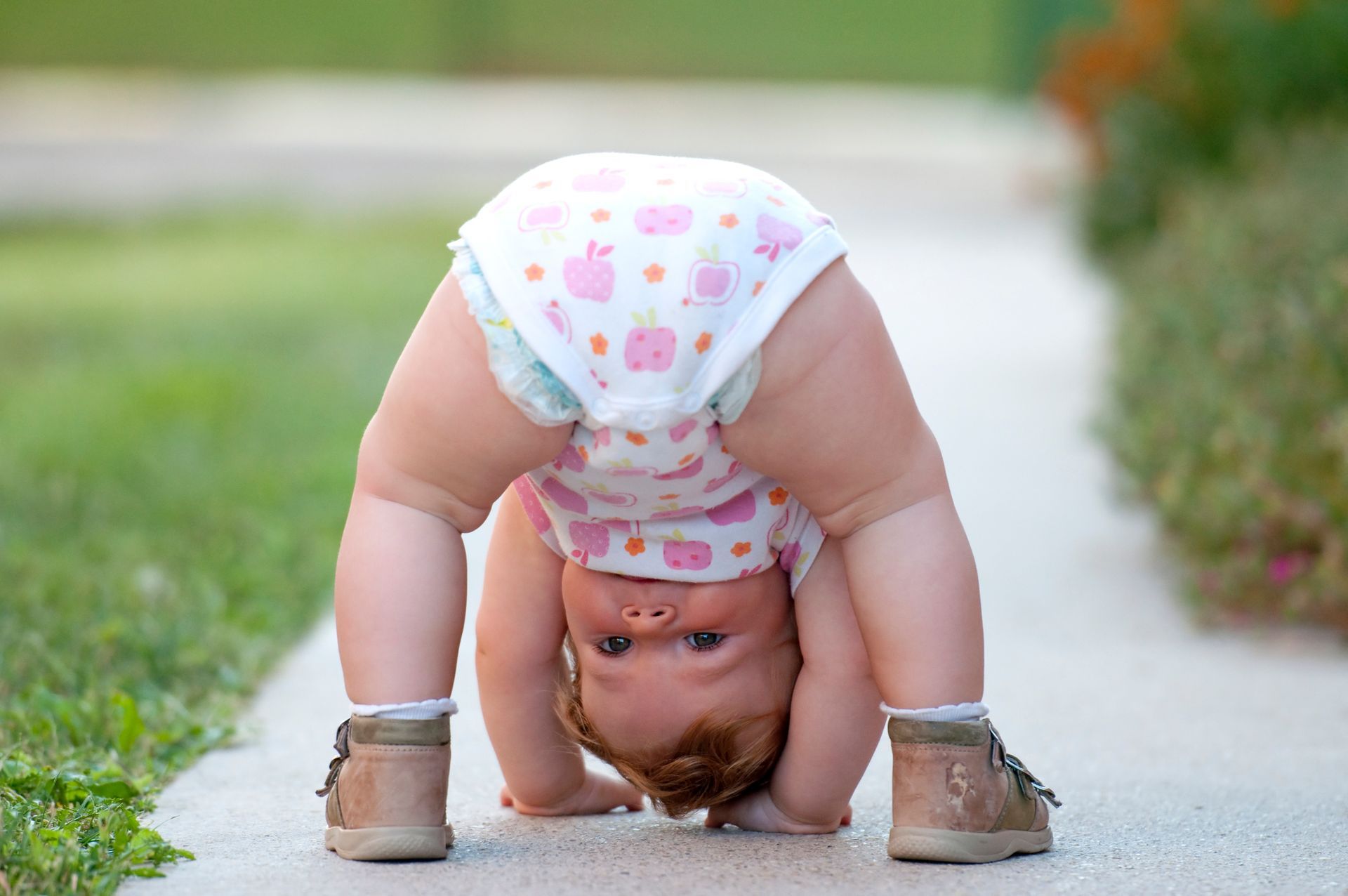
As parents, we strive to create a safe and healthy environment for our babies to thrive in. However, there are hidden threats in our homes that may go unnoticed, and one such concern is mold. Mold exposure can pose significant health risks to everyone, but babies, with their developing immune systems, are particularly vulnerable. In this blog post, we will delve into the dangers of mold exposure to babies and discuss how to protect them from potential harm.
- Respiratory Issues:
Babies breathe more rapidly than adults, making them more susceptible to airborne contaminants like mold spores. When mold infests indoor environments, it releases spores into the air, which babies may inhale. These spores can irritate their delicate respiratory system, leading to symptoms such as coughing, wheezing, and nasal congestion. In some cases, mold exposure may exacerbate or trigger asthma in infants who are already prone to the condition.
- Allergic Reactions:
Mold spores can trigger allergic reactions in babies, just like they do in adults. Common signs of mold allergies in infants include skin rashes, itching, and hives. Prolonged exposure to mold allergens may also lead to persistent symptoms, affecting a baby's overall comfort and well-being.
- Weakened Immune System:
Babies have developing immune systems, making them less capable of fighting off infections and illnesses caused by mold exposure. Mold produces mycotoxins, which are toxic substances that can negatively impact a baby's immune system, leaving them more vulnerable to various infections.
- Neurological Concerns:
Recent research has suggested a potential link between mold exposure and neurological issues. While the evidence is still limited, some studies have indicated that exposure to certain molds may have adverse effects on cognitive development and neurological health in infants.
- SIDS Risk:
In extreme cases, mold exposure has been associated with an increased risk of Sudden Infant Death Syndrome (SIDS). Though the exact connection is not fully understood, it underscores the importance of maintaining a clean and mold-free environment for babies.
- Protecting Babies from Mold Exposure:
- Regularly inspect and address any signs of mold growth in your home, particularly in areas prone to moisture like bathrooms, basements, and kitchens.
- Keep humidity levels in check. Use a dehumidifier, if necessary, especially in humid climates or during damp seasons.
- Ensure proper ventilation in your home, including in the nursery, to reduce the chances of mold growth.
- Clean and dry any water spills or leaks promptly.
- Use mold-resistant paint or materials when renovating or decorating your baby's room.
- Consult a professional if you suspect mold infestation and consider getting your home tested for mold if you are in doubt.
Mold exposure poses significant risks to babies, affecting their respiratory health, immune system, and potentially their neurological development. As parents, it is crucial to be vigilant in creating a mold-free environment for our little ones. Regular maintenance, proper ventilation, and prompt action in addressing mold issues with the help from Restoration 1 of Central Houston will ensure a safe and healthy space for your baby to grow and thrive.

